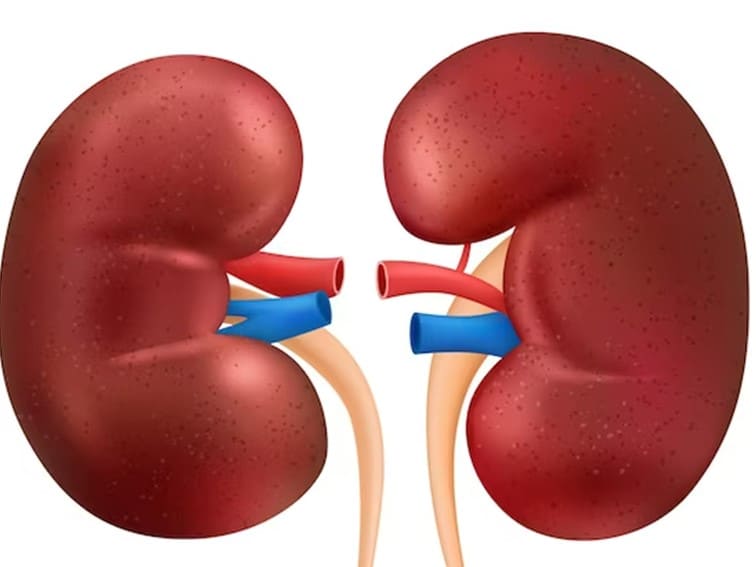Hydronephrosis is a condition in which one or both kidneys swell up. It usually happens when urine fails to drain out properly from the kidneys and builds up within the kidneys. Hydronephrosis can occur in one or both kidneys.
Hydronephrosis can occur at any age. It can occur as early as infancy until old age. It can be detected during pregnancy even before the baby is born – during a prenatal ultrasound check-up.
What could be the cause of hydronephrosis?
The tubes that drain urine from the kidneys (ureters) can get blocked anywhere down the line from the kidney to the bladder . When this happens, urine doesn’t drain properly. The blockage can be a partial or a complete blockage.
There are lots of causes, some of the most common ones are stones, tumors, strictures (narrowing of the ureter)
The Other Causes
The other causes of hydronephrosis may include urinary tract infection, enlarged prostate, bladder or prostate cancer, tissue scarring, blood clots and congenital blockage.
A tumor in the abdomen or pelvis, and defects in the nerves that control bladder can also cause hydronephrosis.
Vesicoureteral reflux
It is a condition where urine reverses its flow from the bladder back up into the kidney through the ureter. Normally, the urine flows in one direction through the ureter. The flow of urine in the opposite direction creates complications for the proper emptying of the kidney and results in its enlargement.
Do you experience any symptoms if you develop Hydronephrosis?
You may or may not have symptoms if you have hydronephrosis. However, if symptoms manifest, they may include – pain, burning sensation during urination, frequent urge to urinate, incontinence, incomplete urination, recurrent urine infections, nausea, and vomiting. The symptoms may depend on the cause and severity of urinary blockage.
Diagnosis
To diagnose hydronephrosis and its cause your nephrologist may order a few tests – such as
A urine test (to check urine infection).
A blood test to check kidney function.
An imaging test – Ultrasound to view the bladder, kidneys, and ureters and detect potential problems.
In addition, if required, your doctor may also recommend other imaging tests such as an MRI and CT scan.
Another test called the MAG3 scan is helpful in evaluating the kidney’s function and drainage.
Hydronephrosis Treatment
The treatment of hydronephrosis depends on the cause of the blockage. You may also receive preventive antibiotic therapy to reduce the risk of UTI.
If you experience a severe blockage and hydronephrosis, you may need to have excess urine removed. Doctors use a catheter, a tube to drain urine from the bladder, or a nephrostomy tube, to drain urine from the kidney.
A doctor uses a catheter (a tube) and inserts it into the bladder or ureter to drain the urine. This is often the first stage of treatment to relieve pressure on the kidneys. After relieving the pressure, your doctor will treat the underlying cause. In general, the treatment depends on the underlying cause. It is important to treat this condition as soon as possible to prevent any long-term damage to the kidneys. In more severe cases, surgery may be recommended to remove the obstruction and relieve pressure.
What happens if you don’t treat hydronephrosis?
When urinary blockage and hydronephrosis become severe, they can cause permanent damage to the kidneys and cause them to fail. In case of kidney failure, treatment such as dialysis or a kidney transplant will be necessary. Nevertheless, if hydronephrosis is addressed promptly, it can help improve kidney functions.
Bottom Line
Hydronephrosis can increase the risk of getting a urinary tract infection. Untreated and severe conditions can lead to scarring and loss of kidney function (renal inefficiency). Early diagnosis and prompt treatment can help reduce long-term complications – such as kidney failure. Therefore, if you notice any symptoms, don’t delay in seeking consultation with a nephrologist and get the condition thoroughly investigated and treated to avoid long-term complications. For the best hydronephrosis treatment, visit Bright Kidney Centre.

Leave a Reply